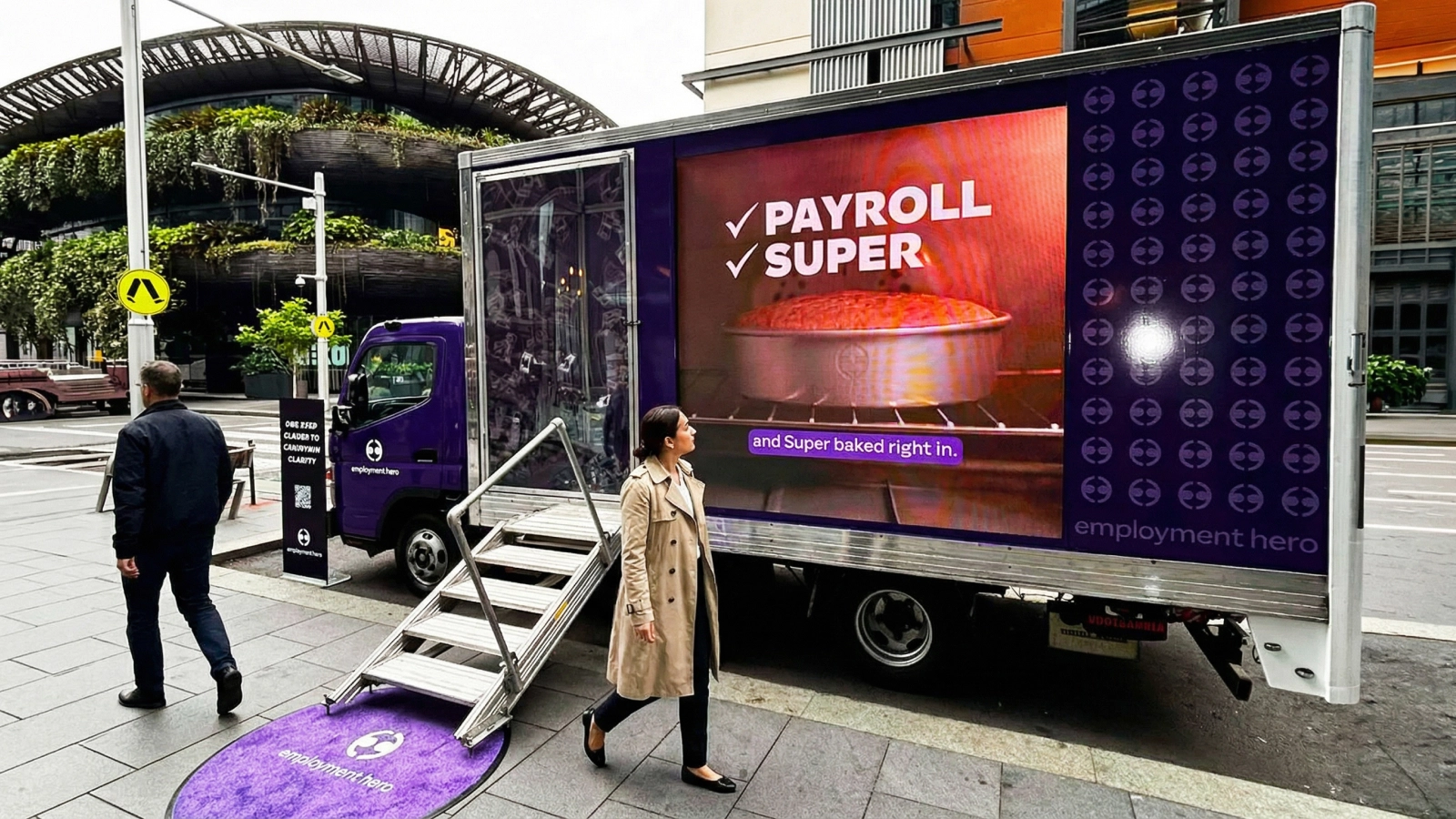Forget the salary arms race, David Holland explains how small businesses can win top talent by playing to their true strengths: speed, culture, and authenticity.
I was speaking with a founder last week who was convinced that his business couldn’t compete for talent unless he matched corporate salaries. It’s a familiar refrain and a deeply flawed one. In today’s hiring landscape, trying to win a bidding war with a multinational is not just unrealistic for most small businesses; it’s unnecessary.
We’re now operating in a candidate-driven market. Salary still matters, of course, but it’s no longer the trump card it once was. What increasingly attracts top candidates is alignment: with values, purpose, lifestyle, and growth. And this is where Aussie small businesses, if they’re strategic, can out-position even the biggest players.
Small businesses have innate strengths that can be translated into compelling talent advantages. They move faster. They offer employees direct access to leadership. They give people the chance to make a visible impact. Cultures tend to be more authentic, more intimate, more flexible. The trick is to stop thinking like a small fish and start marketing these benefits boldly and smartly.
Take employer branding. Too often, small businesses imagine it requires slick ad campaigns and hefty marketing budgets. But true employer branding isn’t manufactured in a studio, it’s built in-house, by people. Employees sharing their growth stories. Teams posting behind-the-scenes content. A founder going live on LinkedIn to talk about culture. It’s scrappy, it’s real, and it’s powerful. Platforms like our Talent Marketplace are helping small businesses amplify this authenticity to precisely the right jobseekers.
Non-financial benefits are another lever too few small businesses pull. Flexible work, wellness support, career progression, purpose-driven missions, these now outweigh base salary for a large segment of the workforce, especially Millennials and Gen Z who now collectively make up 60% of the workforce. The best small businesses we see aren’t offering the highest paycheques; they’re offering the most meaningful employee value propositions. Businesses that focus on alignment of purpose and look beyond just salary build more productive teams with higher retention and loyalty.
Take Grow Inc. for example. They offer clear commitment to personal development and work-life balance and their career pages emphasise mentorship, flexibility, and impact-led roles that resonate with today’s purpose-driven talent. Similarly, El Jannah has successfully scaled while staying true to its values, drawing in high-quality candidates by fostering a strong, family-oriented culture and investing in genuine employee care, a key factor, I believe, in its growth trajectory from a small local eatery to a beloved national brand.
So, what practical steps can a business take today? First, define what makes your company a great place to work. Not the generic stuff, but the real, lived experience of being part of your team. Then, make sure your job ads reflect that experience focusing on impact, connection, and values. Tap into your team’s networks. Use data-driven platforms to match with candidates who align with your ethos. And most importantly: be transparent and human. Candidates can smell corporate polish a mile away.
This is also where AI is changing the game. At Employment Hero, SMEs are leveraging our suite of hiring features to access AI-powered tools that surface better-fit candidates faster, reduce unconscious bias, and automate repetitive hiring tasks to leave more time for the important human interactions. It’s enterprise-level capability, repackaged for businesses that need to move fast and think lean.
Naturally, some small businesses worry about AI making hiring impersonal. But the reality is the opposite in my opinion: good AI enhances human decision-making. It’s learning from hiring outcomes to recommend better matches. It’s helping predict who will thrive in your team, not just who has the right keywords on their CV. Over the next few years, we’ll see AI deliver real-time interview coaching, personalised candidate experiences, and smarter diversity strategies that SMEs can deploy without a full-time HR department.
Ultimately, the belief small businesses most need to challenge is the idea that they’re outgunned. They’re not. They’re just playing the wrong game when they try to compete on cash alone. The future belongs to those who compete on meaning, agility, and culture.
*David Holland is General Manager of Talent Marketplace at Employment Hero, where he helps thousands of Aussie small businesses compete for top talent.


























